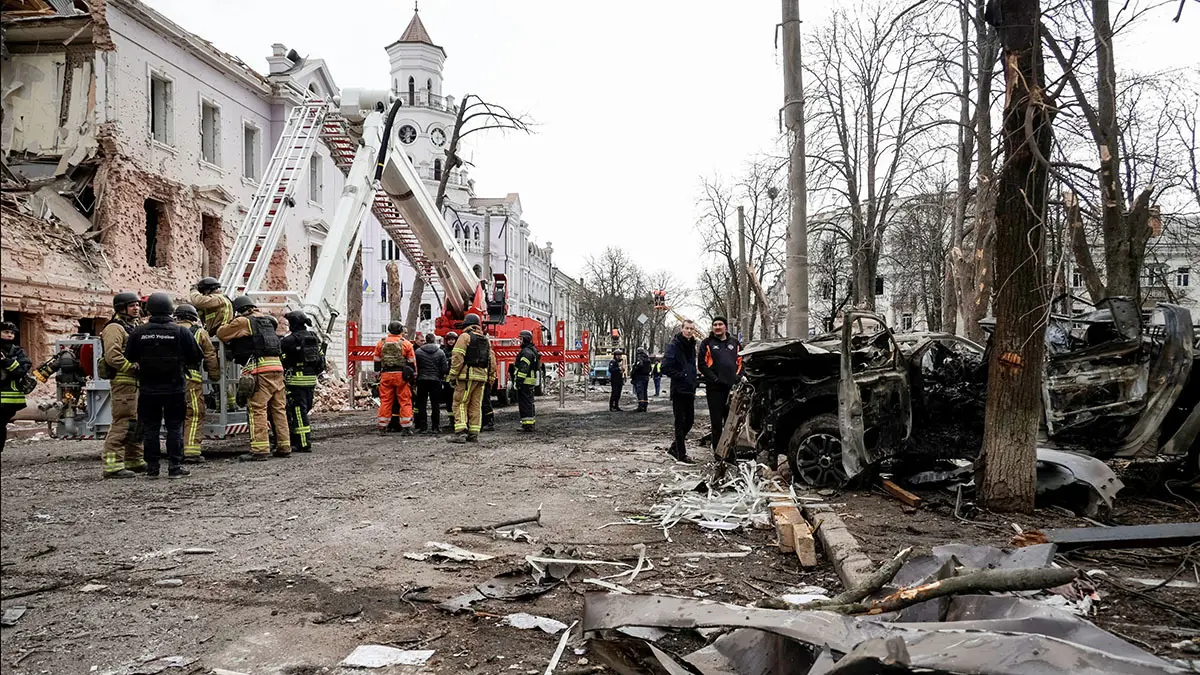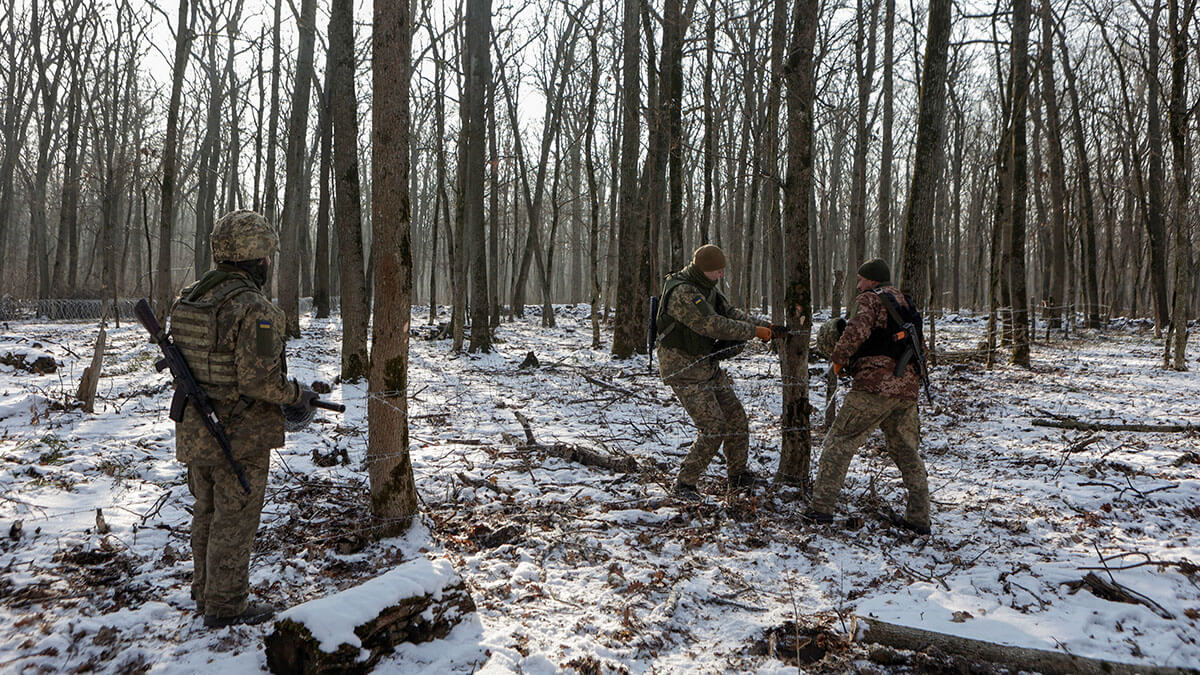Prisoner exchanges between Russia and Ukraine continue as the Russian war campaign intensifies

Correspondent and journalist María Senovilla, a contributor to Atalayar, analysed the continuing prisoner exchanges between Russia and Ukraine on Onda Madrid's programme ‘De cara al mundo’.
She also considered the support of Western countries for Ukraine.
Prisoner exchanges continue. At least it's a relief for many families, isn't it?
Without a doubt, these mass exchanges of prisoners of war are continuing in response to the agreement reached in the second round of negotiations between Ukraine and Russia in Turkey.
This week, Ukrainian prisoners who were ill or seriously injured have returned home, as have those under the age of 25. Although few images have been released, 6,000 bodies of soldiers who fell on the battlefield have also been exchanged. The latter, the recovery of the bodies, is also vital for families who have loved ones declared missing in action, because once the body is recovered, they can be officially declared dead and, more importantly for most families, they can mourn and say goodbye.
Many of these families with loved ones missing in action have told me that in some cases their own comrades confirmed that they saw them fall in combat, but because the bodies were not recovered, many of these families still cling to hope and in many cases cannot move on with their lives.
So, given that these bodies are also included in the exchanges, I don't know if the word is hope for the families, but at least it allows them to mourn and close a chapter that is also important.
Meanwhile, what is happening is massive Russian attacks on Ukrainian cities, including with drones, other missiles and on the battlefronts, in the summer offensive that Russia has already launched.
Yes, it is very active. Russia has indeed broken a record this week for these combined massive attacks using drones and missiles. On this occasion, we are talking about no less than 479 Shahed drones and other types of suicide drones in a single night, plus the ballistic and hypersonic missiles that are usually combined with this type of attack. It is the largest offensive since the start of its invasion of Ukraine.
It took place three days ago. Kiev and Odessa bore the brunt of the attack in the early hours of Tuesday morning, and among the targets were a maternity hospital, emergency services, dozens and dozens of civilian homes and even St. Sophia's Cathedral here in the capital, which is not destroyed but has been damaged. It was not the only Russian attack to be mourned this week, as the Kremlin continues to target the city of Kharkiv, Ukraine's second largest city, in the north-west, very close to the Russian border. There have been several attacks in the last week, resulting in 15 deaths and almost 100 wounded in total.
It should be noted that, for several months now, Russia has not bothered to hide the fact that its targets in these cities are directly aimed at civilian infrastructure. It is attacking places where there are no military bases, no military offices, nothing, not even any institutions related to the Ministry of Defence or the army that could justify launching drones at certain locations. These are places where bombs should not be falling if Putin had the slightest respect for international law.

Meanwhile, Ukraine continues to have the support of Western countries, in this case Germany, which is promising an aid package of 8.9 billion and also a meeting of the defence minister in Rome, which is also a new boost and, above all, maintains support for Ukraine and President Zelensky.
Yes, it seems that progress is finally being made in this direction. German Defence Minister Boris Pistorius visited the Ukrainian capital, where he met with President Zelensky and made some very strong statements about the need to continue supporting and backing Ukraine with funds and military aid. A total package of 8.9 billion euros was agreed, 7 billion of which had already been agreed in advance, but a further 1.9 billion was added after the meeting between the German Defence Minister and the Ukrainian President. This visit came a day after the European Union's foreign ministers met in Rome, ready to increase pressure on Russia with more sanctions involving the energy and banking sectors.
They want to hit Putin in the pocket and, at the same time, improve industrial cooperation in the defence sector with Ukraine. This would require an increase in defence spending in the European Union, which, after the almost total withdrawal of the United States, would remain the main supplier of arms to Ukraine, especially for next year and even beyond. NATO Secretary General Mark Rutte, who was also at the meeting in Rome, backed this idea with very strong statements on the need to increase defence spending in Europe.
Not only to support Ukraine, right now Germany and the United Kingdom are trying to lead this support for the future on the whole issue of arms shipments and the defence industry, but also for Europe's own self-defence, given that we have a neighbour like Russia, which is already interfering, even if it does not drop bombs on other European countries, it is already interfering and carrying out other types of attacks. One day we will have to talk about cyberwarfare, cyberdefence and everything else we are already involved in, even if it is not widely publicised. And the current head of European Union diplomacy, Kaja Kallas, assured that Europe's commitment to defence is stronger than ever and also stressed the importance of the rearmament programme, which is valued at 800 billion euros for the European Union and is currently being worked on.
If we don't have the right resources to defend ourselves, then we end up with problems like those at Heathrow Airport, power cuts and other strange occurrences. But anyway, those are other issues.
They are also part of Europe's defence. It's not just about manufacturing missiles to send to Ukraine. It's important to talk about this too.










